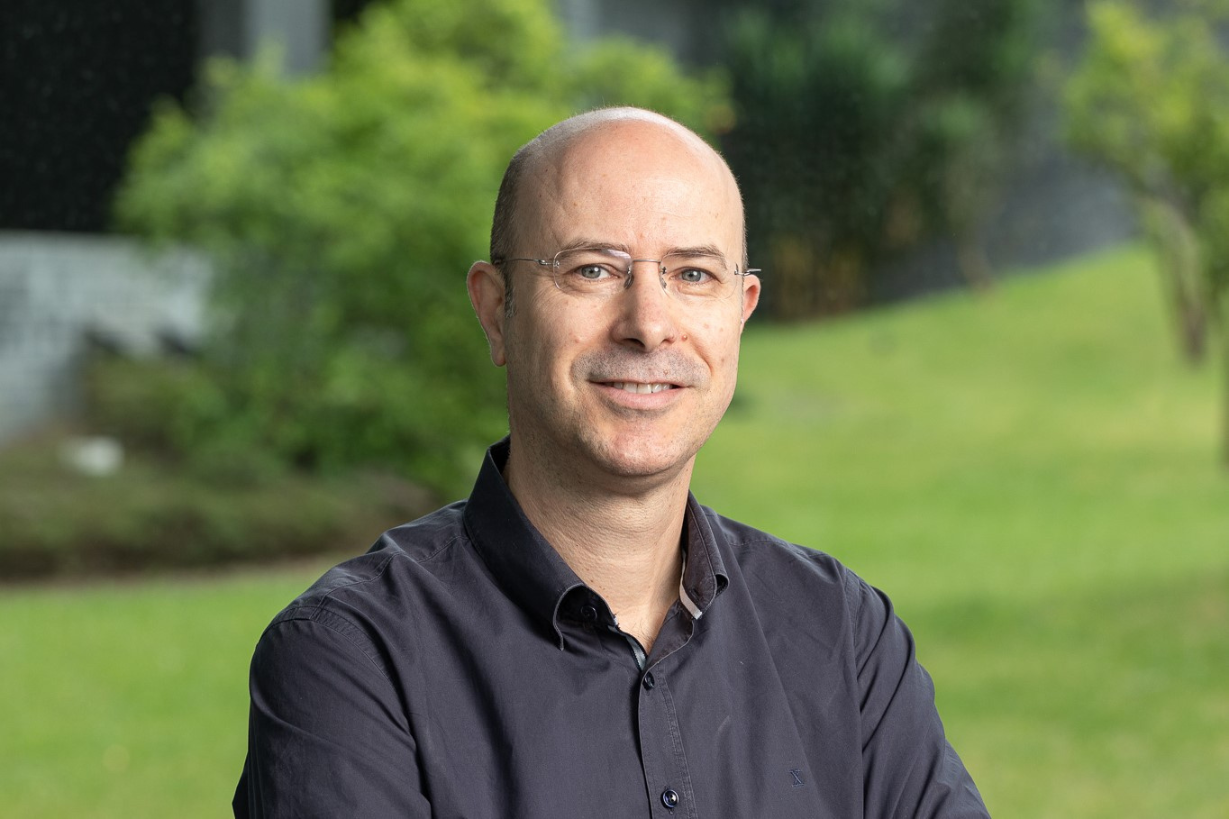Research published in Nature, co-authored by ICVS’s Rui M. Reis, paves the way for new strategies in prevention and treatment.
Geographic location and age influence the mutational landscape of colorectal cancer, one of the deadliest cancers globally, according to a study published in the journal Nature. The research includes the contribution of Rui M. Reis from the ICVS/School of Medicine at the University of Minho. This study helps advance more effective and personalized medical prevention and intervention strategies.
The article brought together 63 authors from 17 countries as part of the Mutographs scientific consortium. The team analyzed the complete genomes of nearly a thousand patients from five continents. The findings revealed variations in mutational processes linked to geography and age, suggesting that early exposure to intestinal bacteria like E. coli, which produces colibactin (a toxin that damages DNA), may increase the risk of early-onset colorectal cancer. Patients from Argentina, Brazil, Colombia, Russia, and Thailand showed significant variations.

Rui M. Reis
“The discovery of these environmental and microbial risk factors could have a major impact on screening and therapeutic strategies tailored to populations in specific regions,” explained Rui M. Reis. In the long term, this could reduce mortality rates and improve quality of life for millions of patients. “This work also highlights the critical role of a multinational and multidisciplinary approach in fighting cancer and shows how cutting-edge genetic studies are transforming cancer prevention,” Reis added.
Colorectal cancer, also known as colon and rectal cancer, is the third most diagnosed cancer globally, with 1.9 million cases per year, mainly among individuals over 50—and the trend is worsening. In Portugal, it is the deadliest cancer when considering both sexes, with an average of 12 deaths per day. In recent years, early-onset incidence has doubled in many countries. However, if detected early, colorectal cancer has a high cure rate, and many experts now recommend screening starting at age 45.











